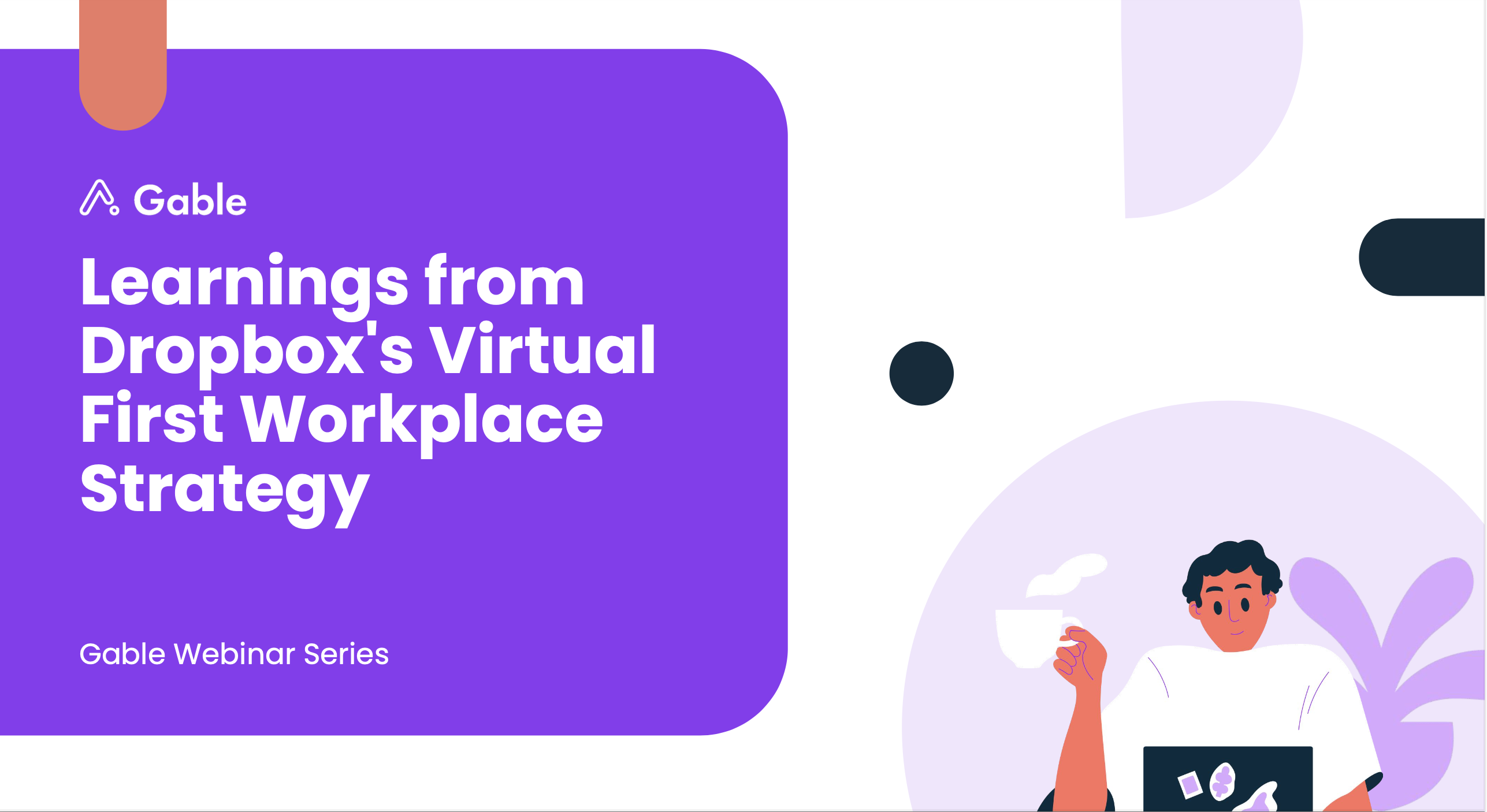You’re a People professional in a distributed company that embraces the potential of remote and distributed work, but still provides remote workspaces or access to offices for employees everywhere.
You value flexibility as the #1 benefit employees are asking for, but strive to provide your team with chances to connect and collaborate in person whenever they need to.
So what’s the problem? Well, you don’t want to provide one-size-fits-all solutions to everyone because that doesn’t work. You also want to manage and monitor how money is spent and who has access to different workspaces.
If the picture we painted here sounds familiar and has you thinking – keep on reading, because this guide is just for you 👇
The challenge: Empowering employees to connect while staying on top of budgets and approvals
So let’s break these challenges down one by one and start with cookie-cutter solutions. As an HR or People Operations manager, you probably know that giving out employee coworking memberships isn’t efficient. Not everyone needs the same level of access to workspaces, so not everyone will be using the membership.
Some employees may never use it, and you won’t know. This isn’t just a financial waste, but one that keeps you from providing a better, more useful benefit employees will actually use. On the other hand, providing the same thing to all employees doesn’t work because it doesn’t factor in what they need.
For example, your sales team may need to meet and strategize twice a week, and they don’t need a coworking seat – they want a meeting room instead. If your distributed workplace strategy has a cookie-cutter approach, you may spend more to accommodate special requests.
As a People leader, you want to know what your employees are using, how often they go into workspaces, what types of spaces they use, and how that usage reflects on budget spending. But you also want to be in charge of setting different budgets and usage levels for employees and departments. At Gable, we let you do just that - and more.

How do I provide different privilege levels in a distributed workplace?
There are many reasons you don’t want to give the same level of access to all employees, from pricing and budget controls to managerial procedures and protocols inside your organization.
With Gable, we make it simple to implement different access levels and assign them based on needs and spending projections.
When you create a company account on Gable, you can choose between three roles you can assign to your employees. Leet’s dive into each one and see what the differences are:
Administrator
The Company Administrator role is usually reserved for HR, People Operations, and Workplace managers, who are in charge of running and managing the distributed workplace. The Admin role has the highest privileges - they can add and remove employees from Gable, manage HRIS and SSO integrations, access the dashboard, analytics and reports, and manage workspace budgets.
Additionally, Admins can approve bookings by other users, and book any spaces themselves, as the set budgets don’t apply to them.
Booker
The Booker role is perfect for managers, team leaders, and executives. When you assign someone as a booker, you can allow them to book meeting rooms and multiple seats in coworking spaces and book on behalf of other users. The Booker role brings People teams peace of mind – you simultaneously provide employees with everything they need while staying in control of who can book which space.
User
The User role on Gable is the most frequent one and is assigned to most company employees. Users can book common seats in coworking spaces per their assigned budget and access the Team View feature to see which spaces their teammates are heading to and join them in a few clicks. Additionally, Admins can allow Users to book meeting rooms and multiple seats in coworking spaces if needed.
Once you set up your user roles, you can then move on to fine-tuning the preferences for each role and setting budgets for your employees. On Gable, you can set budgets either for the entire company, per department, or per single user.
Track and monitor your distributed workplace
For most People professionals, managing the distributed workplace doesn’t end with user roles and assigning privilege levels. You want to track and monitor the workplace, get data, analyze and iterate to make the right decisions about the future of work.
Luckily, there is a centralized way to do all of the above, and more. With Gable, you get access to robust admin features that include a dashboard with graphs, charts, and data, including usage, spending, and employee feedback.
Additionally, you get monthly and weekly reports about your workplace and an easy overview of which of your employees are heading into which workspace. With all these neat features, you’re in charge of your workplace while still ensuring employees love it.





.svg)





.svg)










.svg)















